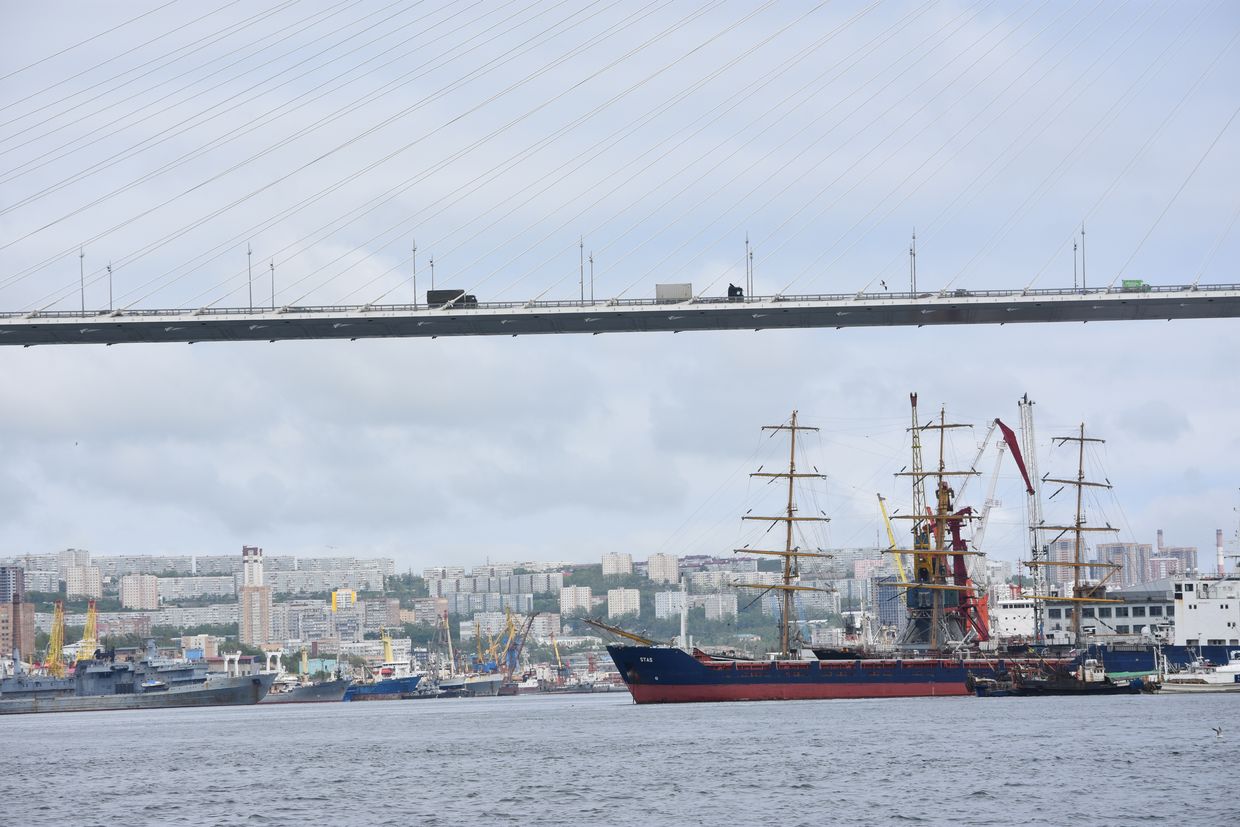Senate to 'start moving' Russia sanctions bill next week, Graham says

The U.S. Senate is expected to "start moving" next week on a bill introducing sweeping new sanctions against Russia, Republican Senator Lindsey Graham said at a press briefing in Kyiv on May 30 attended by the Kyiv Independent.
The proposed bill would impose 500% tariffs on imports from countries purchasing Russian oil, gas, uranium, and other products. At least 82 U.S. senators are prepared to vote for the bill, Graham said.
"I would expect next week that the Senate will start moving the sanctions bill," Graham, a vocal supporter of Ukraine and close ally of U.S. President Donald Trump, said. "There are House members that are ready to move in the House, and you'll see congressional action. President Trump said that the next two-week period will be outcome-determined."
Asked whether Congress would pass the bill before its summer recess and whether Trump would sign it, Graham responded: "I've never been more optimistic than I am today."
The senator dismissed the upcoming June 2 Russian-Ukrainian peace talks in Istanbul, where Moscow is expected to present a draft ceasefire memorandum, as unlikely to yield progress.
"I see nothing about the meeting on Monday in Istanbul to give me any hope at all that Russia is interested in peace," he said. "So when this two-week period is over, I think it'd be pretty clear to everybody (that) Russia is playing a game at the expense of the world, not just the United States."
The senator also credited growing global recognition of Ukraine's willingness to negotiate in good faith and Russia's refusal to reciprocate.
"It's clear to almost anyone — Putin is not remotely interested in anything that would lead to peace," he said. "So there's a card game going on this summer. The first cards are going to be played by the United States Senate and the House."
Russia's U.N. Ambassador Vasily Nebenzya on May 30 reiterated that Moscow would only consider a ceasefire if Ukraine halts mobilization and stops receiving foreign military aid.
Reuters reported on May 28 that Russian President Vladimir Putin's broader demands include a written pledge from NATO to stop expanding, the lifting of certain sanctions, and recognition of Ukraine's neutral status.
Graham accused Moscow of stalling while ramping up its war effort and warned that the U.S. response would be swift and severe. He also issued a stark warning to Beijing.
"China, the game you're playing with Russia is about to change. If you keep buying cheap Russian oil to fuel Putin's war machine, there will be a 500% tariff on all of your products coming into the United States," he said.
He added that "70% of Russian oil is bought by China and India."
The first round of direct talks between Russia and Ukraine in over two years, held in Istanbul on May 16, produced no agreement on a ceasefire but resulted in a major prisoner exchange. A second round is tentatively scheduled for June 2.
Ukraine continues to demand a complete and unconditional ceasefire. Russia has refused, intensifying aerial assaults across Ukraine.














